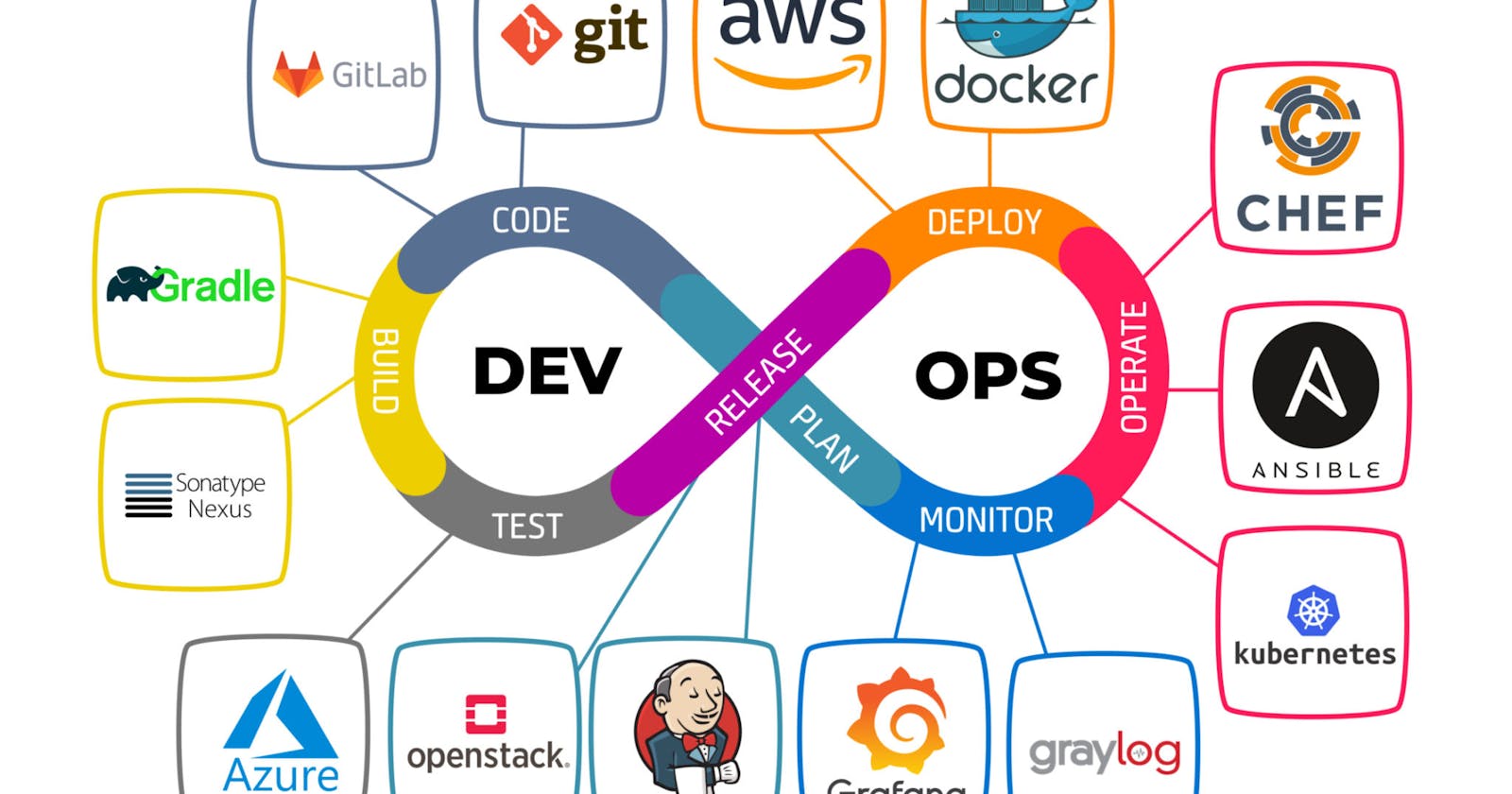What is DevOps
DevOps is the combination of cultural philosophies, practices, and tools that increases an organization’s ability to deliver applications and services at high velocity: evolving and improving products at a faster pace than organizations using traditional software development and infrastructure management processes.
What we learn in DevOps
Combination of Development and Operations: DevOps is about bringing together the software development (creating applications) and IT operations (managing infrastructure) teams to work together smoothly.
Automation: Learning to use tools and scripts to automate repetitive tasks like building, testing, and deploying software, which makes the process faster and less error-prone.
Continuous Integration (CI): Understanding how to frequently merge code changes into a shared repository, allowing automated tests to be run, ensuring that code works well together.
Continuous Delivery (CD): Knowing how to automatically deploy code changes to production or staging environments after passing tests, making software releases smoother and faster.
Infrastructure as Code: Learning to write code to manage and provision infrastructure resources (like servers and networks), making it easier to reproduce and manage environments.
Monitoring and Logging: Understanding how to keep an eye on applications and infrastructure in real-time, collecting and analyzing data to identify and fix issues quickly.
Collaboration and Communication: Emphasizing the importance of teamwork and communication between different teams involved in software development and operations.
Feedback and Continuous Improvement: Learning to gather feedback from users and systems, using it to improve processes and products continually.
Security: Understanding security best practices and integrating them into the DevOps process to ensure that applications and infrastructure are protected from threats.
Cloud Computing: Getting familiar with cloud platforms like AWS, Azure, or Google Cloud, which provide flexible and scalable infrastructure for DevOps practices.
Soft Skills: Developing interpersonal skills like teamwork, communication, and problem-solving, which are essential for working effectively in a DevOps environment.

